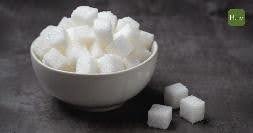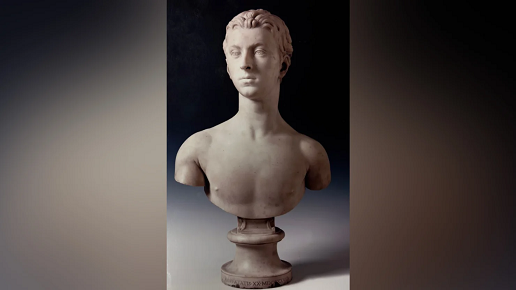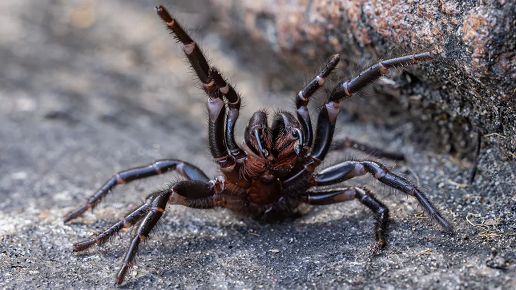Many parents choose to make fresh juice or add honey to water as a substitute for sugary beverages sold in stores to reduce their children's intake of refined sugars. However, these practices often come with misconceptions. Here are three major misunderstandings about sugar. Have you fallen for these traps?
- The sugar in juice is natural, so is it a healthy substitute for drinks?
In the past, juice was considered a healthy beverage because it contains vitamin C and flavonoids with antioxidant properties. However, modern medicine suggests that drinking juice also has drawbacks. The high sugar content rapidly enters the body, leading to excessive calorie intake and eventually causing obesity.
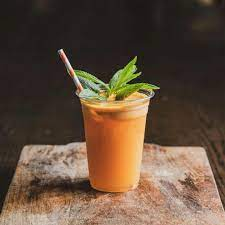
Regardless of the type of "free sugar," it is recommended to limit intake. Image provided by Pexels.
- Honey has many health benefits, so is consuming more good for the body?
Honey contains vitamins and trace elements, and drinking it in moderation can indeed replace commercially available drinks with many additives. However, it is not recommended to frequently add honey to water, as children may become more averse to drinking plain water. More importantly, infants under one year old should never consume honey because it may contain botulinum spores, which can cause poisoning due to their immature immune systems.
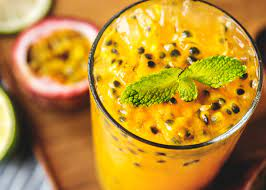
- Drinking too much juice can lead to excessive calorie intake, causing obesity. Image provided by Pxhere.
- Are there healthy and unhealthy types of sugar?
All "free sugars" should be limited in intake. Free sugars refer to sugars added to foods and beverages (such as glucose, fructose, sucrose, and table sugar) as well as naturally occurring sugars in honey and fruit juices. While many people believe honey, juice, and brown sugar are healthier, they are only slightly less harmful. Intake should still be controlled.
Understanding these misconceptions can help parents make more informed dietary choices and ensure their children's health.

